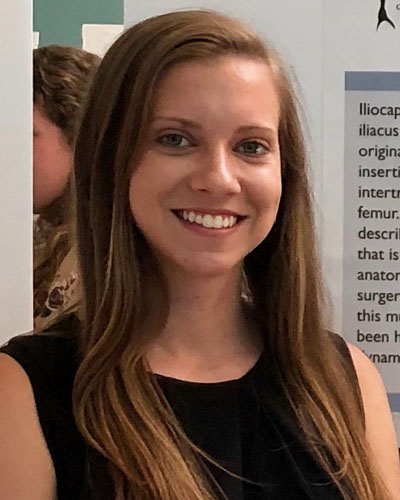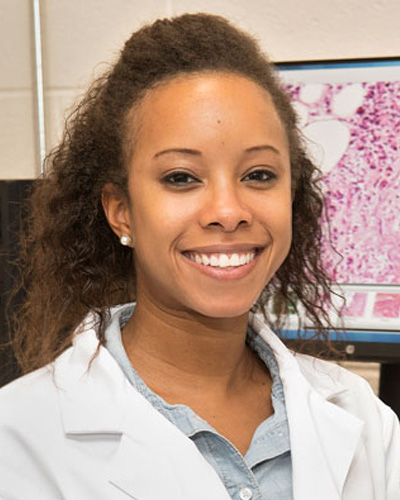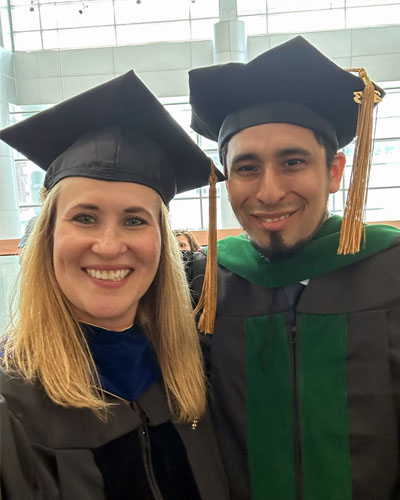Skeletal muscle research focuses on mechanisms that regulate muscle formation in the
embryo, structure/function relationships, degeneration and regeneration. Researchers
also investigate the impact of nutrition, hormones and exercise on muscle size and
strength. New therapies are developed and tested for curing or slowing the progression
of genetic disorders that directly affect muscle (muscular dystrophy, metabolic myopathies),
neuromuscular disorders (spinal and bulbar muscular atrophy, myasthenia gravis, multiple
sclerosis) and age-related muscle loss (sarcopenia), among others.





